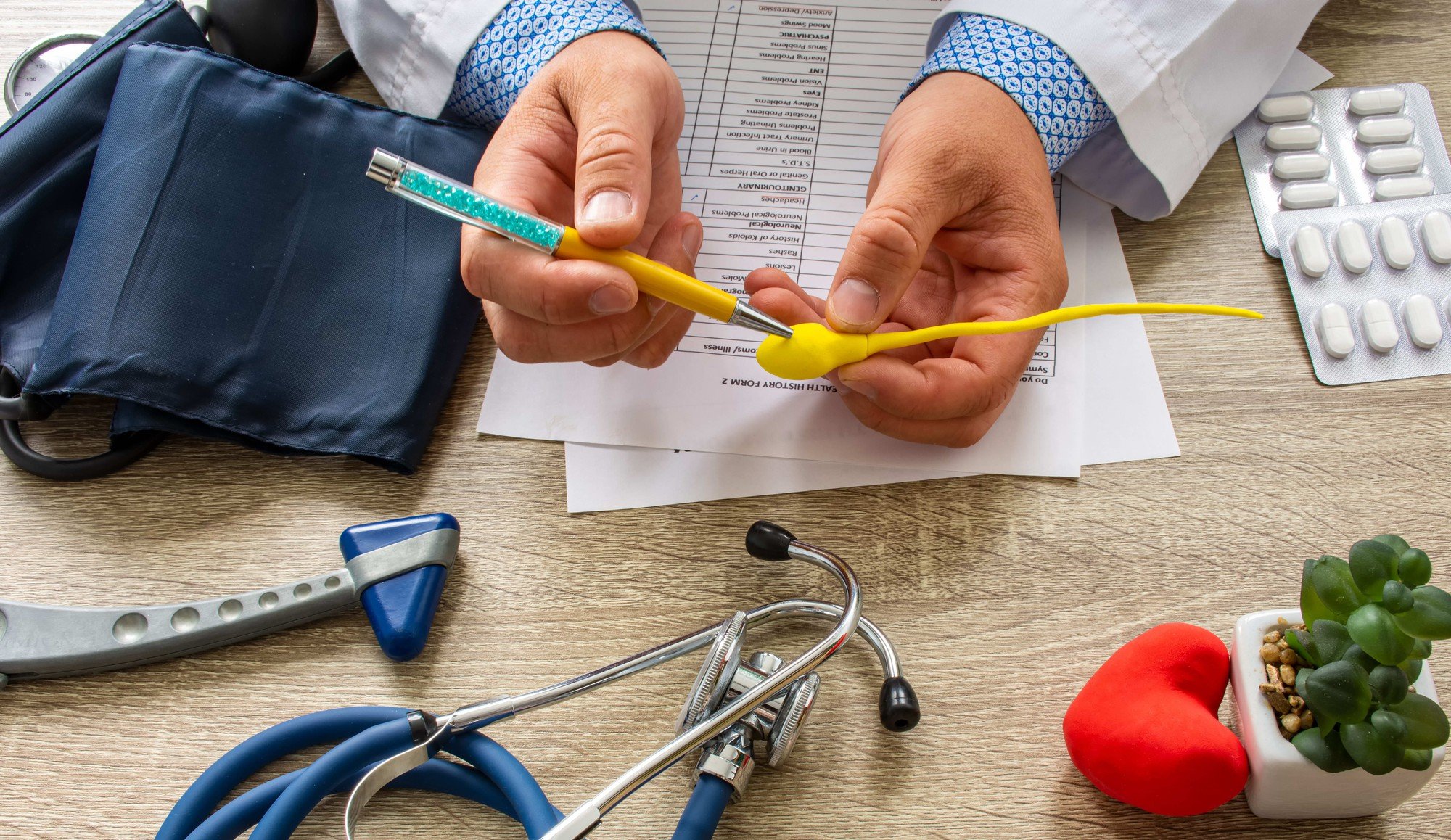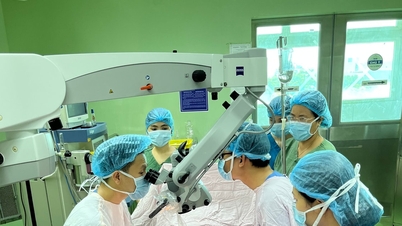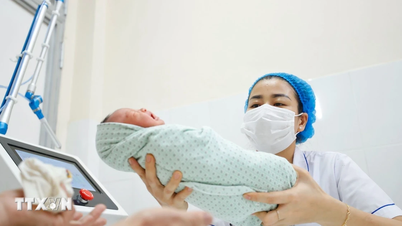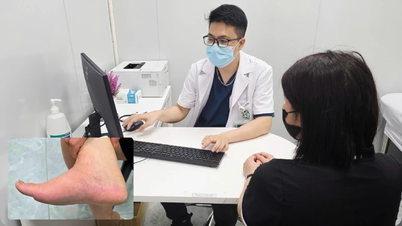Cases of sperm storage
According to MSc - Dr. Nguyen Thi Hang, Director of the Tissue Bank (Viet Duc Friendship Hospital), currently the tissue bank storing sperm only serves the purpose of supporting reproduction in the following cases: infertility treatment, personal storage to prevent risks, and volunteers donating sperm.

For some medical conditions, men need to be fully advised by a doctor about their health and the need to store sperm.
Sperm is stored in a sperm tissue bank using the cryopreservation method. Sperm is stored long-term at -196 degrees Celsius (in liquid nitrogen).
According to the Tissue Bank, cryopreservation of male sperm is a routine technique applied in assisted reproductive centers or sperm banks for the purpose of storing sperm before performing artificial insemination or in vitro fertilization.
Cryopreservation of sperm is especially important for cancer patients before chemotherapy or radiotherapy, which can cause testicular failure or ejaculatory dysfunction.
In addition, the treatment of some autoimmune diseases can also cause testicular damage, thereby affecting spermatogenesis. Therefore, cryopreservation of sperm should be performed to prevent testicular failure after treatment.
Sperm preservation in cases without malignant pathology can be chosen before vasectomy surgery; people working in toxic environments, as a precaution when sperm quality is at risk of gradual decline; or also indicated in cases with very few motile sperm or unstable spermatogenesis.
In addition, cryopreservation of sperm also helps increase the convenience and safety of assisted reproductive techniques in cases where the husband has difficulty collecting samples on the day of the procedure, is away on business trips, when the sperm density is too low, or in cases where there are only a few sperm in procedures to retrieve sperm from the epididymis or testicles.
Cancer treatment and fertility
According to Hanoi Oncology Hospital, cancer or cancer treatments affect male fertility in two main ways. These include damage to endocrine glands or endocrine-related organs including the testicles, thyroid and adrenal glands; and fertility effects due to changes in the brain structure that controls the endocrine system.
Fertility problems can result from damage to the sperm or reduced sperm production; reduced semen production or failure to produce semen. Semen contains sperm from the testicles and fluid from the prostate and seminal vesicles. Damage to any of these structures, damage to the nerves that supply the semen, or damage to the tubes that carry the semen to the urethra can cause infertility.
In addition, in treatment, some drugs and cancer treatments can affect fertility. With radiation therapy in cancer treatment, radiation has the ability to destroy sperm cells and sperm-producing stem cells.
Some surgeries to remove organs such as the prostate, bladder, or one or both testicles can affect fertility. Lymph node dissection in the pelvic area can also affect fertility.
Sperm production can recover after treatment, although it may not be to the same level as before. Treatment can stop or slow sperm production for many years.
Therefore, before starting cancer treatment, patients can discuss with their doctors whether the treatment will affect fertility and options for preserving fertility.
Source link



![[Photo] Prime Minister Pham Minh Chinh chairs the Conference to deploy the National Target Program on Drug Prevention and Control until 2030](https://vphoto.vietnam.vn/thumb/1200x675/vietnam/resource/IMAGE/2025/10/09/1759990393779_dsc-0495-jpg.webp)

![[Photo] Prime Minister Pham Minh Chinh chairs a meeting of the Government Standing Committee on overcoming the consequences of natural disasters after storm No. 11](https://vphoto.vietnam.vn/thumb/1200x675/vietnam/resource/IMAGE/2025/10/09/1759997894015_dsc-0591-jpg.webp)


































































































Comment (0)